My Brother's Keeper by Tim Powers

Tim Powers latest, My Brother's Keeper, is a tale of misplaced charity causing a multigenerational curse. It is also a secret history of the Brontë family, and as usual, Powers' explanation for their troubles is such a good story that it threatens to replace whatever else you might have known about the subject.
This isn't the first time that Powers has used events from a famous writer's life for inspiration. Lord Byron's profligate tendencies provided ample material, and he made a cameo in The Anubis Gates, and played a major supporting role in The Stress of Her Regard and Hide Me Among the Graves.
But this time Powers did something different. The Brontës lived a lonely and quiet life in Yorkshire, and so it wasn't possible to just invent a protagonist who was in the vicinity of said famous author. So his protagonist is Emily Brontë herself.
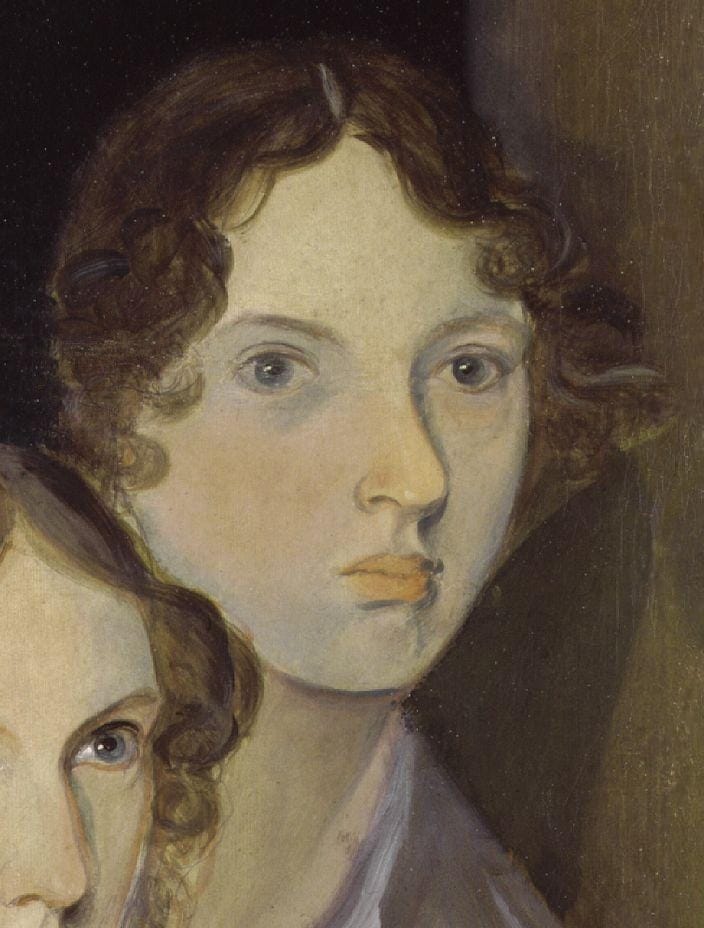
As Emily was a larger than life character in her own right, she makes for an excellent Powers protagonist. In My Brother's Keeper, Powers presents her as a fierce but lonely woman, avoiding contact with other people, always preferring the company of her dog Keeper above any human contact save her family, trekking the moors around Haworth in almost any weather, but rarely venturing into the village.
I wouldn't be at all surprised if Powers had used this summary of Emily Brontë's character from Eva Hope's Queens of Literature of the Victorian Era (1886):
"She was painfully shy, but physically she was brave to a surprising degree. She loved few persons, but those few with a passion of self-sacrificing tenderness and devotion. To other people's failings she was understanding and forgiving, but over herself she kept a continual and most austere watch, never allowing herself to deviate for one instant from what she considered her duty."
Or perhaps this one, from Constantin Héger, written in 1842:
"She should have been a man – a great navigator. Her powerful reason would have deduced new spheres of discovery from the knowledge of the old; and her strong imperious will would never have been daunted by opposition or difficulty, never have given way but with life. She had a head for logic, and a capability of argument unusual in a man and rarer indeed in a woman... impairing this gift was her stubborn tenacity of will which rendered her obtuse to all reasoning where her own wishes, or her own sense of right, was concerned."
To say it that way now would of course result in immediate defenestration of the utterer, but I think that if we translate Héger into contemporary idiom, what he meant is Emily Brontë had a keen mind and a powerful will, with perhaps a streak of pride.
While she did not conform to conventions of her time, or maybe even to the conventions of our time, the Emily who is the protagonist of this book is still very feminine. Which is why I love Powers; rather than making Emily a bad-ass who spin-kicks werewolves, she undertakes the Heroine's Journey and solves her problems in an archetypally feminine way.
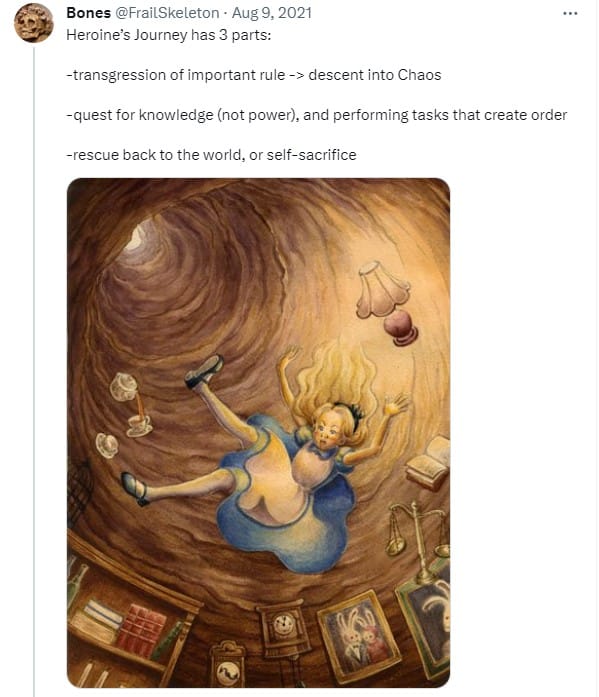
What is the Heroine's Journey you ask? It is this:
The Heroine’s Journey has 3 parts:
-transgression of important rule -> descent into Chaos
-quest for knowledge (not power), and performing tasks that create order
-rescue back to the world, or self-sacrifice
This contrasts with the Hero's Journey, which also has 3 complementary parts:
-descent into the realm of chaos to test whether he is worthy
-victory over the temptations of chaos gives the hero power
-power allows the hero to impose order over chaos in the world, or enables worthy self-sacrifice
The Hero's Journey is about gaining power along with phronesis [φρόνησις], the art of practical wisdom, to be able to shape society. The Heroine's Journey is about love and duty, reinforcing and maintaining the family, and through that the wider society.
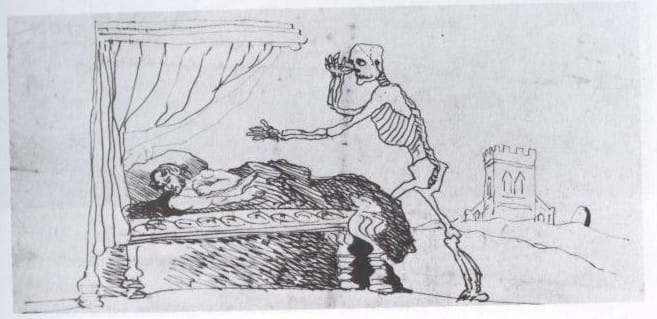
A not-particularly-subtle hint to what Emily considers her duty is the title of the book. Branwell Brontë could be considered something of a disappointment, or in Powers' harsh but fair assessment in his interview with Aaron Irber, "a loser". Branwell was not only less accomplished in the arts than his sisters, dissolute and drunken, he was also shorter. Everything about him failed to meet expectations.
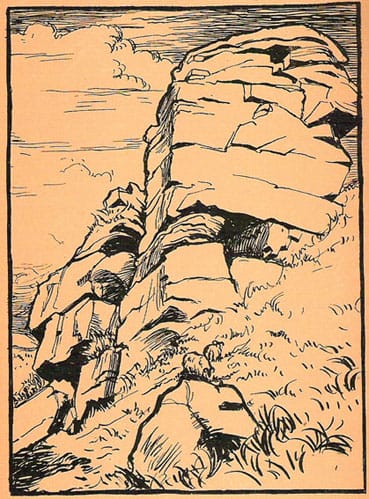
Yet, for all that, Emily will not abandon her brother, no matter how foolish he has been or what he has done. The Brontë family as an institution, and the home in which they live, is the thematic foundation of the book. Everything that Emily does is to preserve and build up her family. Their home is almost another character in the book, serving as Emily's domain and her refuge against the forces that seek to destroy the Brontë family.
In Powers' telling, while Branwell is the immediate cause of the supernatural events in Haworth, leading his sisters to offer an infernal sacrifice in the fairy cave at the base of Ponden Kirk, the ur-transgression was the seeming act of charity committed by her great-great-grandfather, Hugh Brunty, who while on a ship in the Irish Sea, rescued a stowaway the crew thought was a devil and wanted to toss overboard.
That boy, Welsh, eventually came to dominate old Hugh, and took his farm and his family from him, dispossessing Hugh's sons and marrying his daughter. If this all seems very familiar to those who have read Wuthering Heights, this has been one of the stories that has circulated around the Brontë family as a possible inspiration for the character of Heathcliff in Emily's only book.
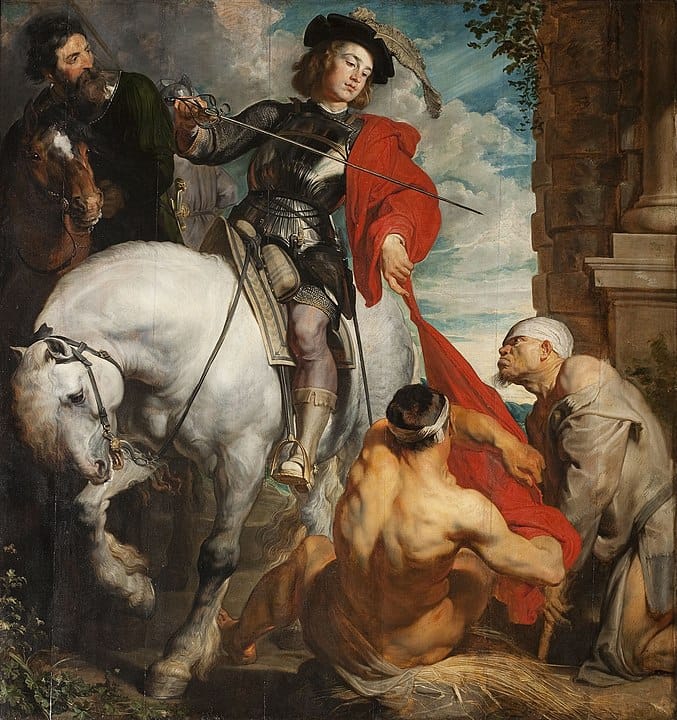
Considered in isolation, Hugh Brunty's rescue and subsequent adoption of the stowaway is the kind of thing that Christians are supposed to do. Except for the fact that Welsh really was a devil, who possessed Hugh Brunty before dispossessing him. The seeming act of charity was perverted and turned into a mockery of itself by the wicked and deceptive nature of Welsh.
One of the themes of My Brother's Keeper, and much of Powers' other work, is that seemingly trivial actions can have immense spiritual and temporal consequences for the unwary. Discernment of spirits and much practical wisdom is needed, because not everything is what it first appears. Not everyone who says Lord, Lord will enter the Kingdom of Heaven, and not everything that asks to be let in can be trusted.
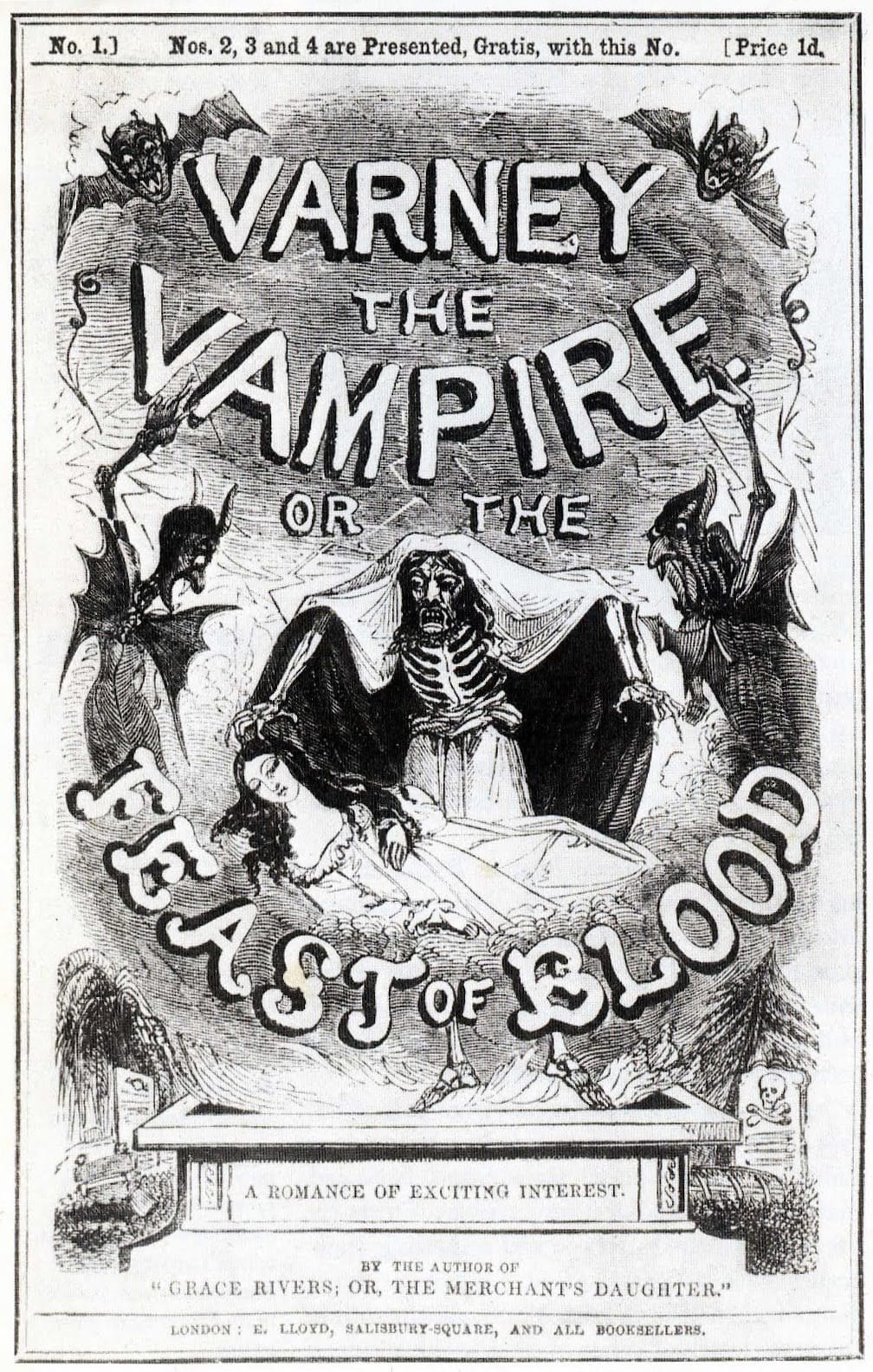
Hugh Brunty did not merely save a foundling from being drowned by superstitious sailors; he sacrificed his descendants' birthright to a thing he did not truly know. It falls to Emily to rectify that mistake before her family is consumed entirely by this devil's bargain.
Emily of course cannot do this alone, she requires the assistance of a complementary masculine aspect to help preserve her family. That masculine aspect is providentially provided to her when she stumbles across a badly wounded man, Alcuin Curzon, on the moors. Emily rescues him, and from that point on their destinies will be intertwined.
However, My Brother's Keeper is not a comedy in Frye's sense. This is not a story that will end in a happy rustle of banknotes and bridal gowns, like those of Jane Austen. I'm not spoiling anything to tell you that Emily Brontë dies at the end, because Powers never strays from the facts of history. Poor Patrick Brontë outlived all six of his children.
What is interesting is that Powers seems to be playing with complementary male and female protagonists who while they often have remarkable chemistry, do not end up happily married. He did this with Vickery and Castine in his modern folklore series, and he has done it here. Powers has written plenty of stories with literal fairytale endings: the evil sorcerer is defeated, the hero gets the girl, marries her and starts a family, even if the hero usually doesn't make to the end with all of his limbs intact.
This is not that book. Powers has written an homage and an origin story to one of the greatest gothic romances written. The story is wondrous and exciting, yet feels very bittersweet by the end. A price had to be paid for Emily to save to her family, and she gladly gave everything she had. For if you find a pearl of great price, you must sell everything you have and buy it.
One of the strengths of the gothic is that while it often features terrifying monsters of the most imaginative varieties, the true gothic romance also knows that the worst that can happen to you is not to be killed by a monster in the dark. There are far worse fates than that.
Powers is here to show us the way to something better.
It is the mark of a good fairy-story, of the higher or more complete kind, that however wild its events, however fantastic or terrible the adventures, it can give to child or man that hears it, when the “turn” comes, a catch of the breath, a beat and lifting of the heart, near to (or indeed accompanied by) tears, as keen as that given by any form of literary art, and having a peculiar quality."
-On Fairy-Stories
Buy My Brother's Keeper on Amazon
With Both Hands Classics | My other book reviews | Reading Log
Mini-reviews

Comments ()